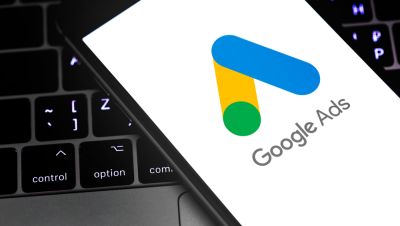The COVID-19 pandemic has rewritten the rules across industries, with the marketing sector experiencing some of the most dramatic shifts. Initially, during the early days of the pandemic, companies found themselves in search of experienced marketers to make sense of the rapidly changing consumer behaviours and the sudden shift to digital channels. Marketers were in high demand, with many commanding salaries up to 100% higher than their pre-COVID rates.
However, as the economic impact of the pandemic deepened, the situation reversed dramatically.
















